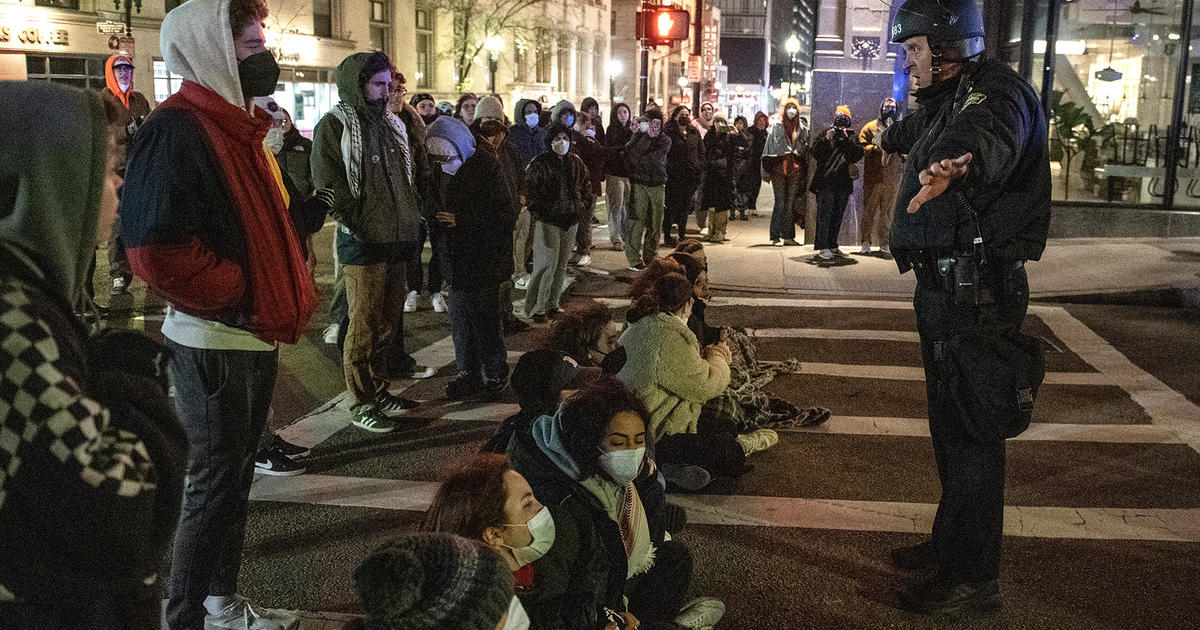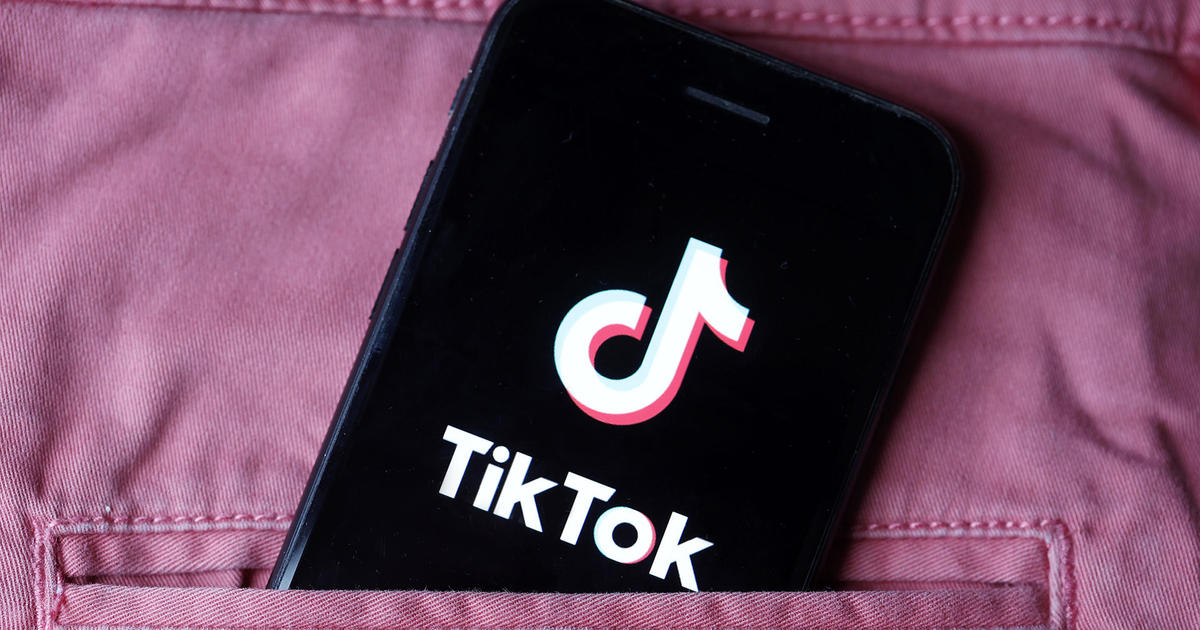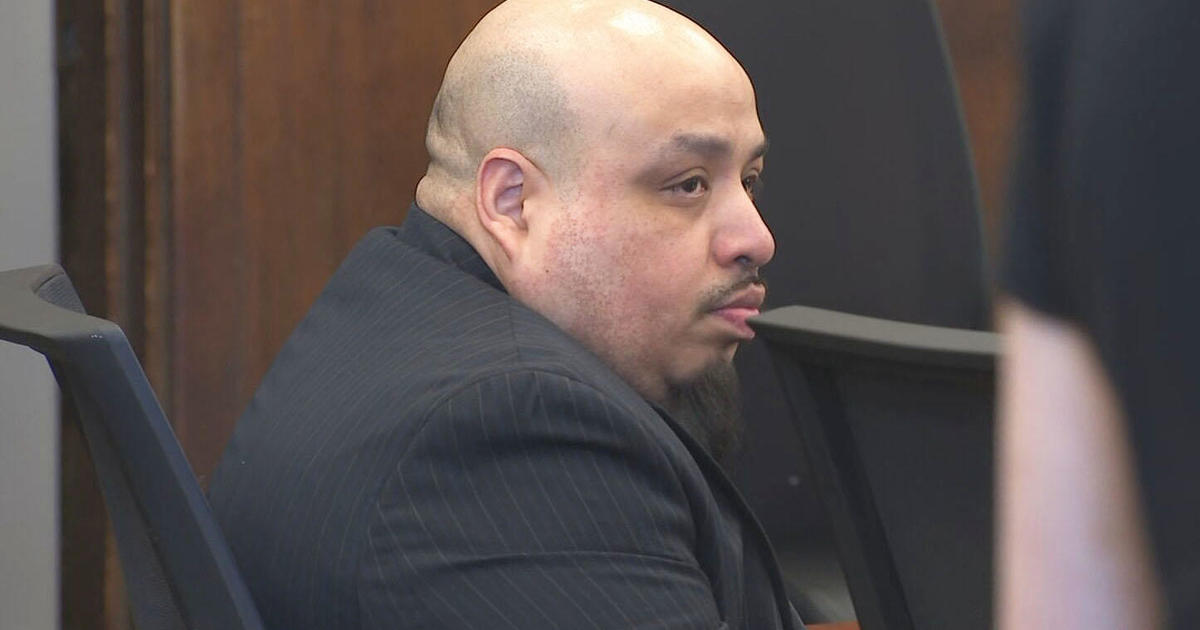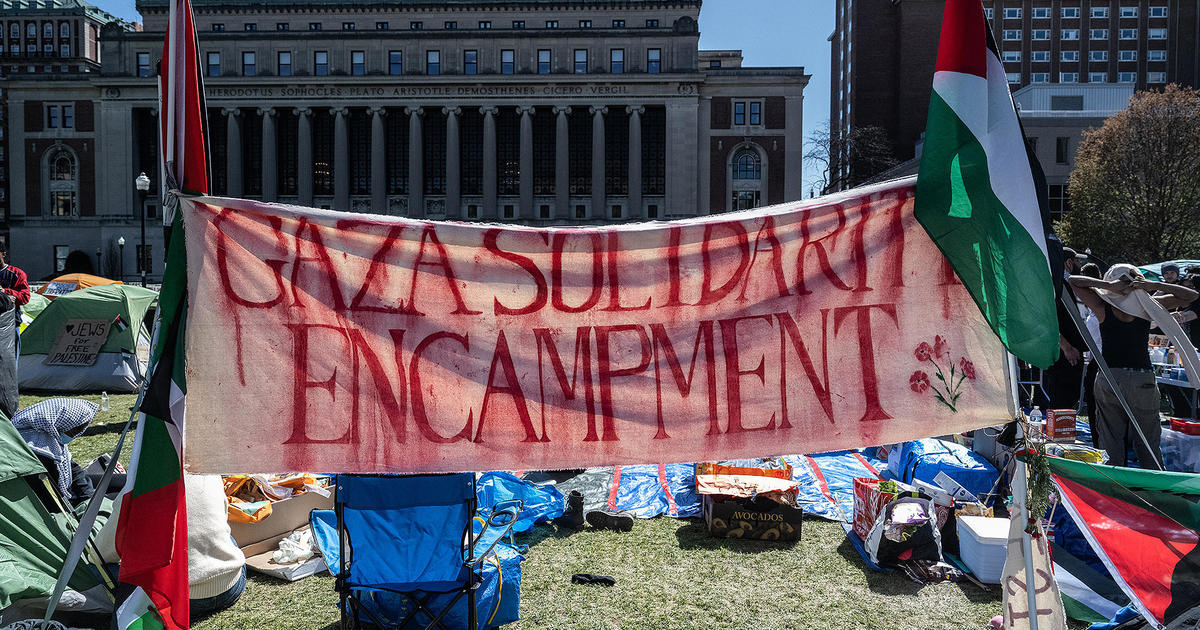Keller @ Large: What Will It Take To Convince The Unvaccinated?
BOSTON (CBS) -- If full FDA approval of Pfizer's COVID-19 vaccine still won't convince those holding out to get their shots, what will?
For months many claimed they didn't want to get vaccinated because it was"too early" and the FDA hadn't fully signed off.
Now that they have, there are still millions of Americans insisting that they won't get their shots, a resistance that's fueling the current surge in infections, hospitalizations and deaths.
What will it take to bring them around? Recent polling shows us who they are for the most part: white male Republicans living in suburban or rural areas, earning less than $40,000 a year and aged 30 to 49.
But while that may be the profile of the Trump voter, 82 percent of refusers tell pollsters even he can't change their minds. More than 80 percent also say they can't be moved by pleas from a religious figure.
A national survey late last month found 47% of refusers would or might get the vaccine if the FDA gave formal approval, 43% could be moved by a call to protect family members, and 31% said a vaccine mandate by their employer may do the trick.
"In many cases people are still worried, still afraid, and having the choice taken away from them in a sense will almost be a relief," suggests Dr. Shira Doron, Hospital Epidemiologist and director of the Antimicrobial Stewardship Program at Tufts Medical Center.
Those appeals from refusers on their death beds and from grieving relatives you've been seeing lately maymay also have an impact. "I find them heartbreaking, they're very moving to me," says Dr. Paul Sax, Clinical Director of the Division of Infectious Diseases at Brigham and Women's Hospital.
But he also wonders if even the pathos of regret and grief can overcome the anti-vax culture. "I don't know how well they would work on the hardcore refusers, they might work with people who are on the fence."
Part of the problem: this round of anti-vaccine sentiment is different from what we've seen before. A 2015 poll found nine percent thought the measles vaccine was unsafe; a recent survey pegs hardcore COVID vaccine resistant in the 20s.
And it's not a stand-alone reaction, shared by a small segment of the population with deep skepticism of science. Today's anti-vax hardcore is steeped in deeper extremist political currents and whipped up by a social media infrastructure that's new.
That's what makes it so tough - if not impossible - to reason with.



